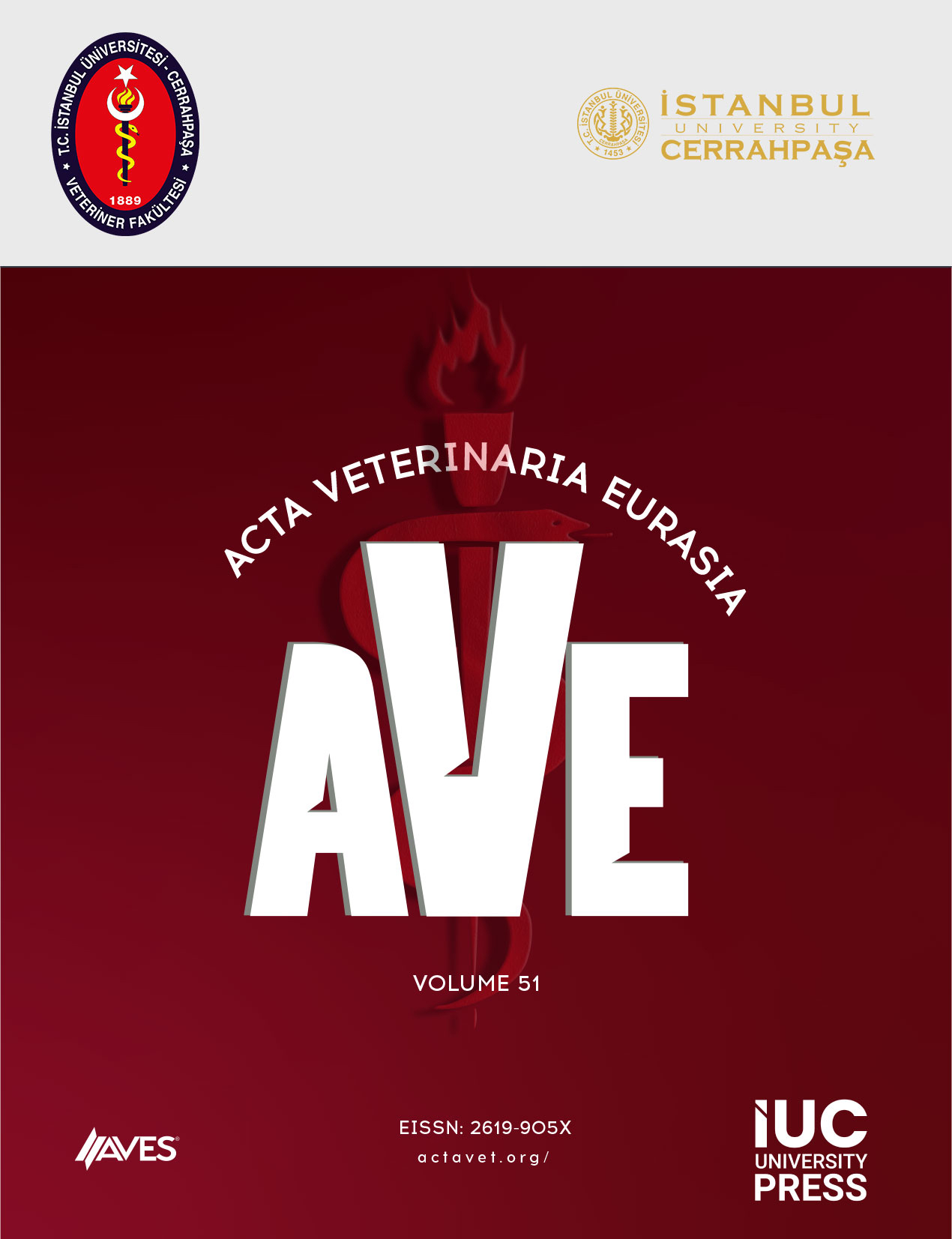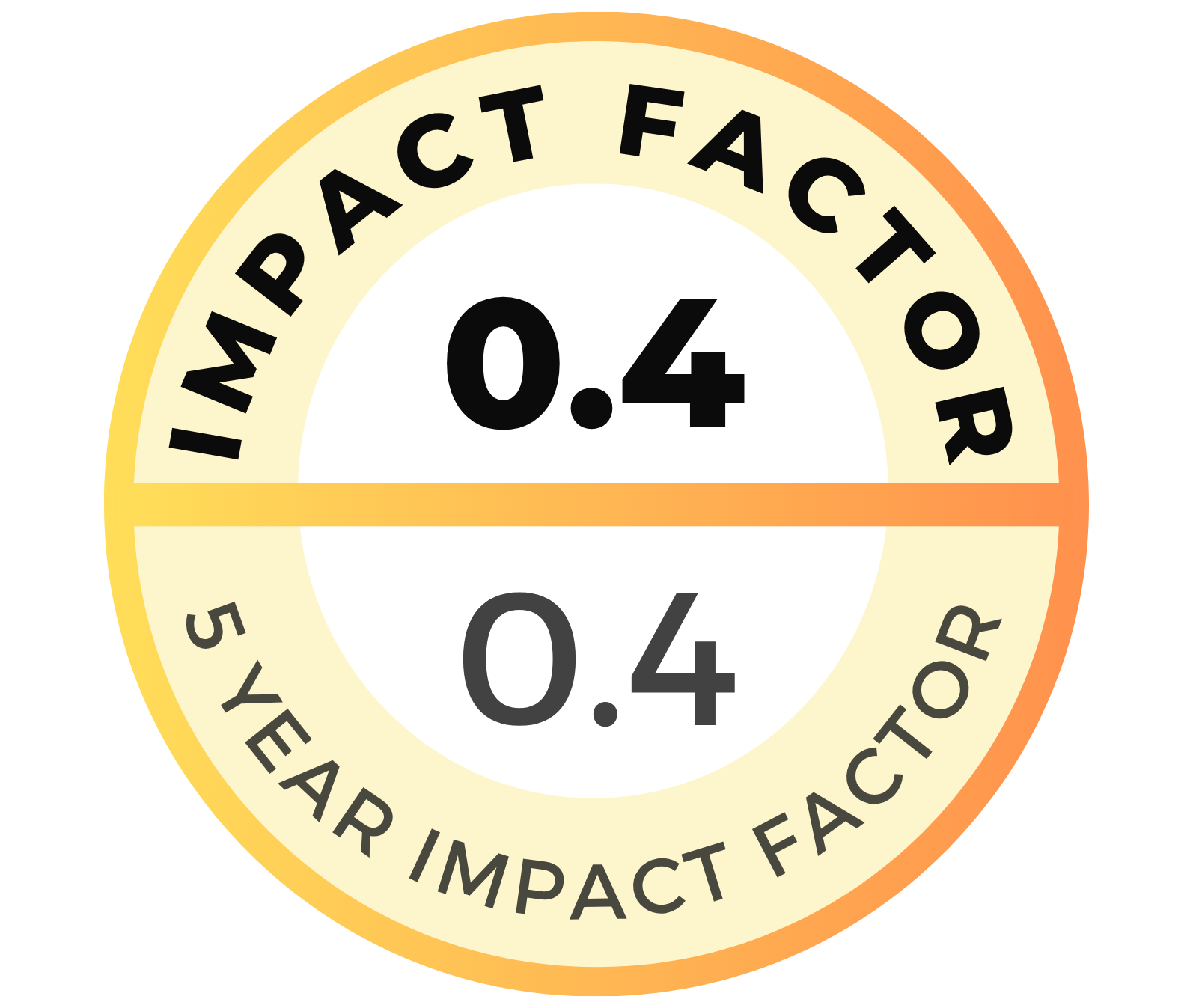Fat composition in ruminant’s milk is one of the factors that can affect human health in positive or adverse ways. Optimizing ruminant feed to achieve ideal fatty acid composition in milk has been an ongoing area of research in recent years, without satisfactory results to date. It has been argued that in addition to changes in feed, genetic information can also be utilized to improve milk fatty acid composition. The aim of the study is to investigate the incidence of stearoyl-CoAdesaturase 1 (SCD) gene variants, which are claimed to affect fat content and quality of milk in Turkish native cattle breeds. Fifty South Anatolian Red (SAR) and 50 East Anatolian Red (EAR) cattle were used in the study. The 5th exon of SCD gene was amplified using polymerase chain reaction (PCR) and the PCR products were subjected to sequencing analysis. Among the samples sequenced polymorphism at three nucleotide positions have been observed on the 5th exon of the SCD gene, namely A702G, T762C and C878T. Of these three, the polymorphic position C878T was utilized to determine peptide variants of A (293Ala) or the V (293 Val) of individual samples. Frequency of A variant and AA genotype in SAR and EAR cattle breeds was 0.91 and 0.77 as well as 0.43 and 0.29, respectively. In particular the SAR exhibits a very low frequency of the V allele, believed to have been an ancestral allele. In both samples, 2 individuals were identified to have the VV genotype. The results suggested that high frequency of A allele and AA genotype which confers great advantage on milk composition and meat fatty acid composition was present in SAR and EAR cattle breeds





.png)